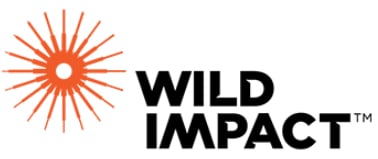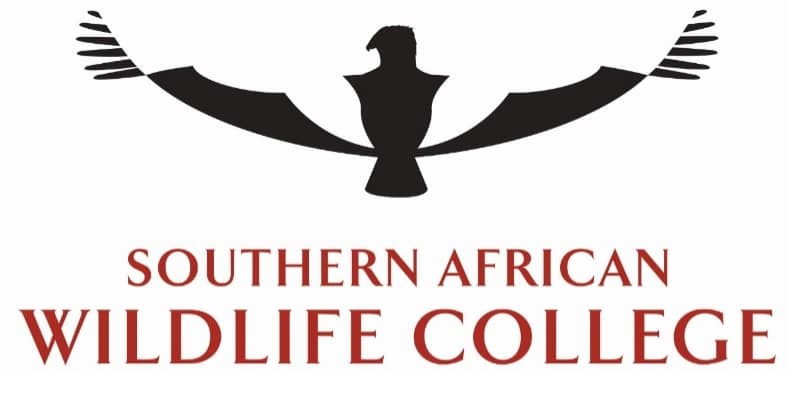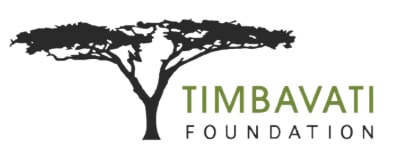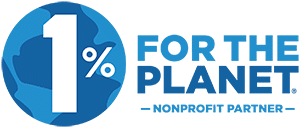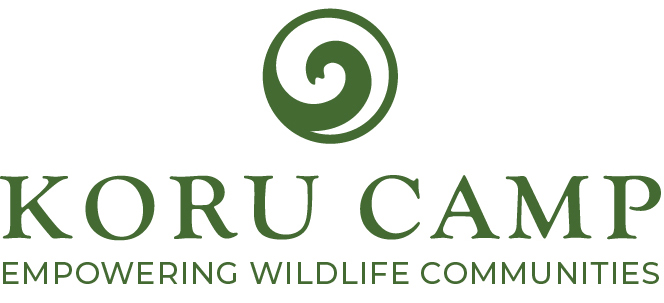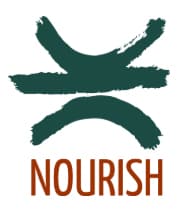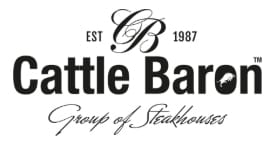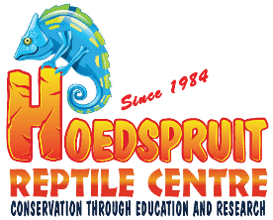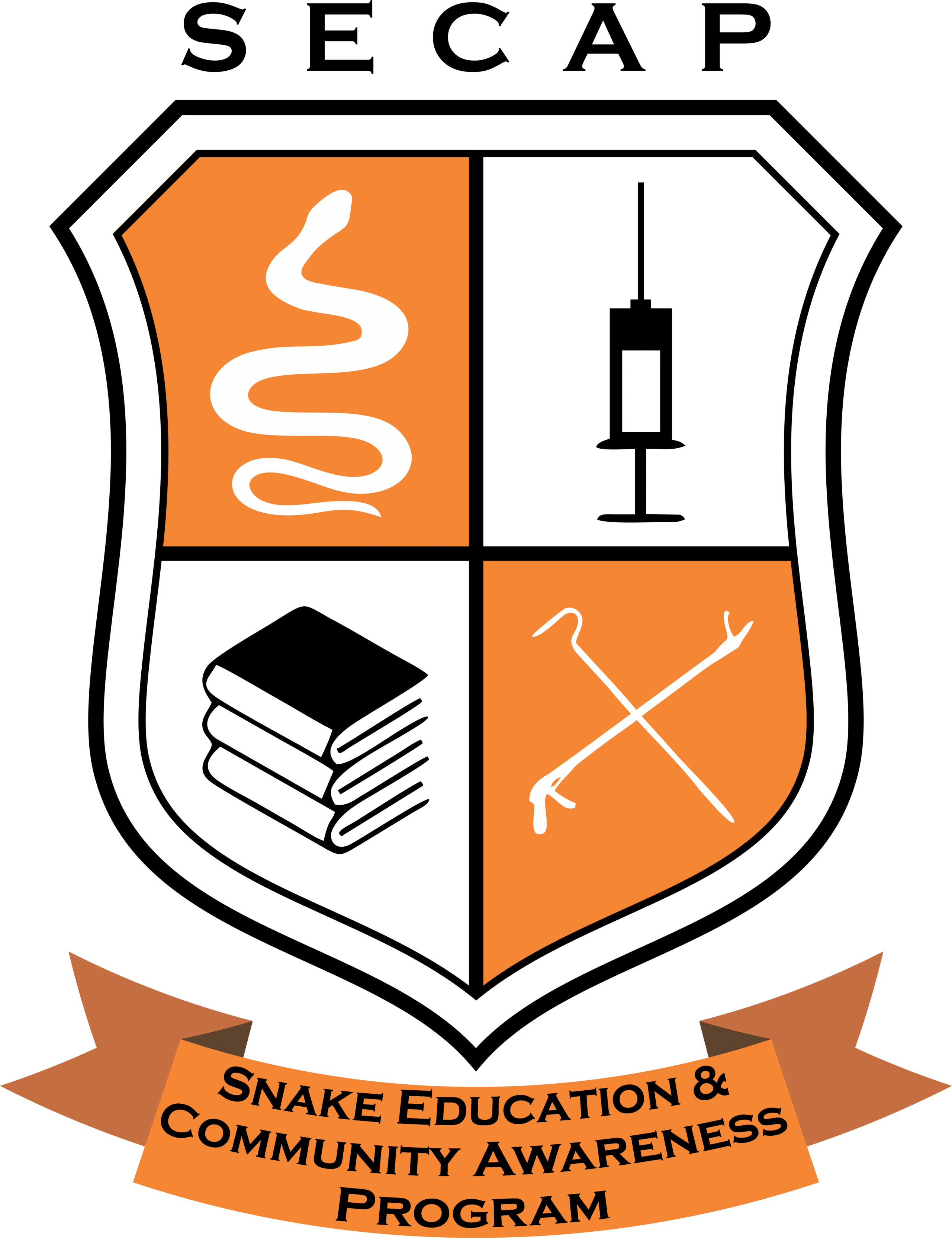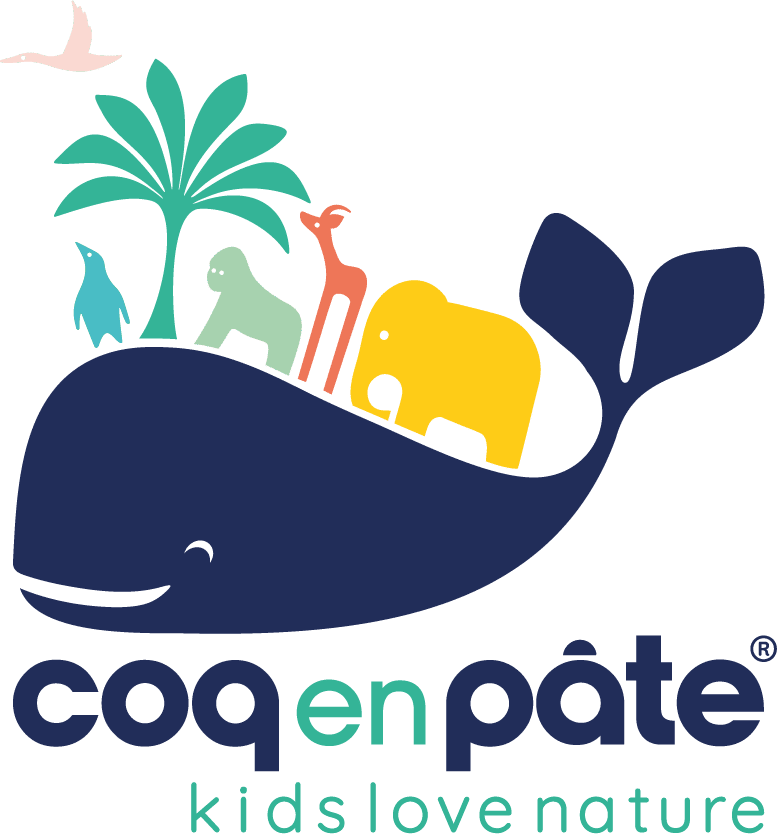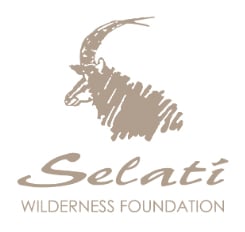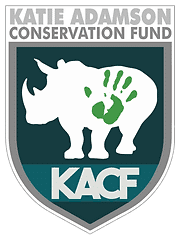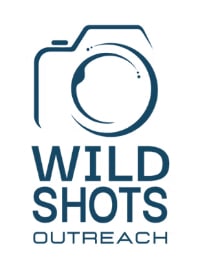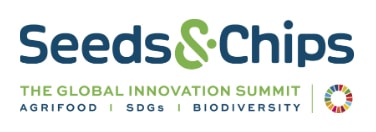Bridging The Gap Between
Communities And Conservation
A ranger is synonymous with a steward or caretaker of our Earth. In the Greater Kruger National Park area, unemployment for ages 18-24 is over 50%. Opportunities are the difference between today’s youth becoming tomorrow’s poachers, or tomorrow’s rangers. We believe that education and opportunity creation is the key to reducing poaching and developing the next generation of leaders who will care about the planet and its wildlife.
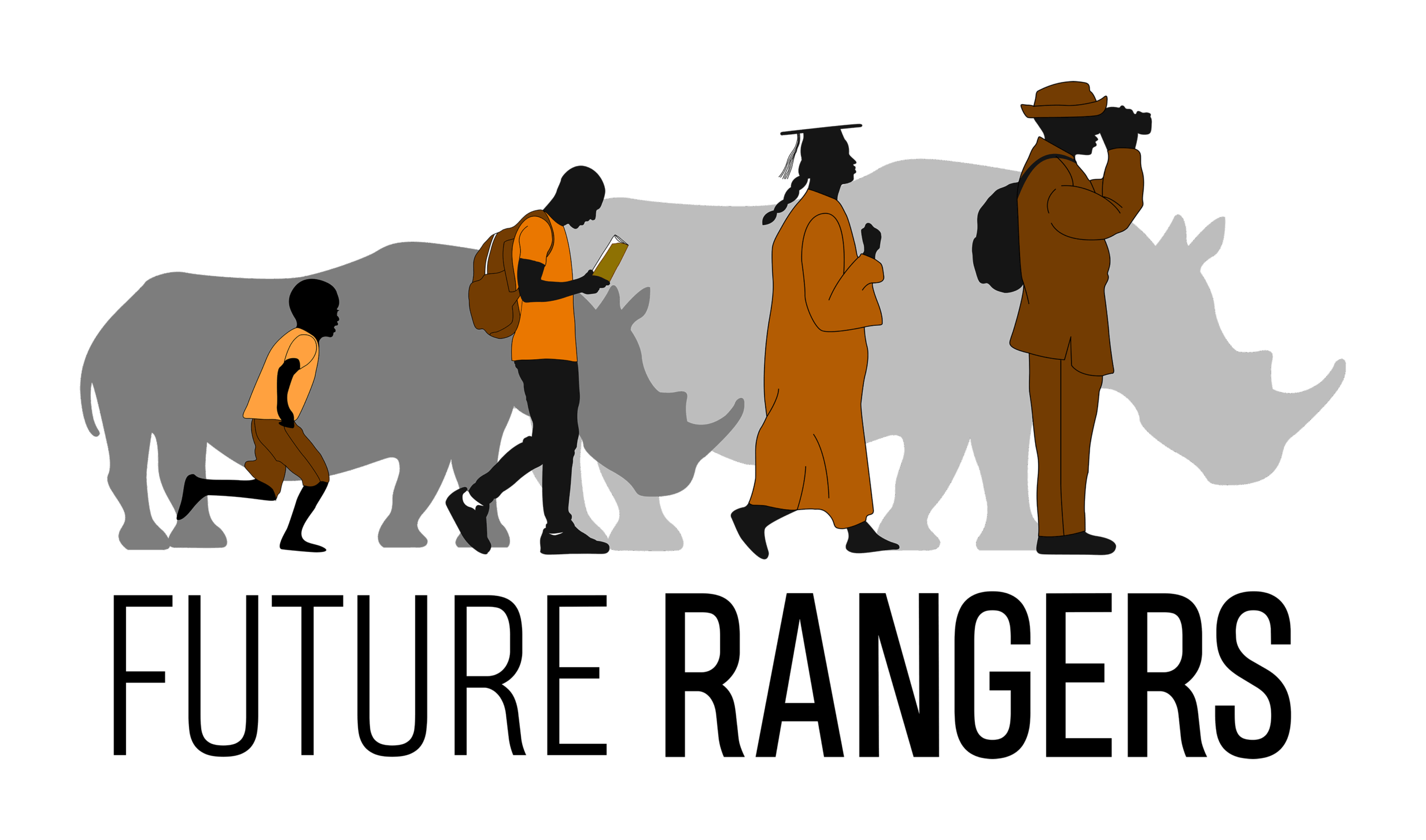
Bridging The Gap Between
Communities And Conservation

A ranger is synonymous with a steward or caretaker of our Earth. In the Greater Kruger National Park area, unemployment for ages 18-24 is over 50%. Opportunities are the difference between today’s youth becoming tomorrow’s poachers, or tomorrow’s rangers. We believe that education and opportunity creation is the key to reducing poaching and developing the next generation of leaders who will care about the planet and its wildlife.
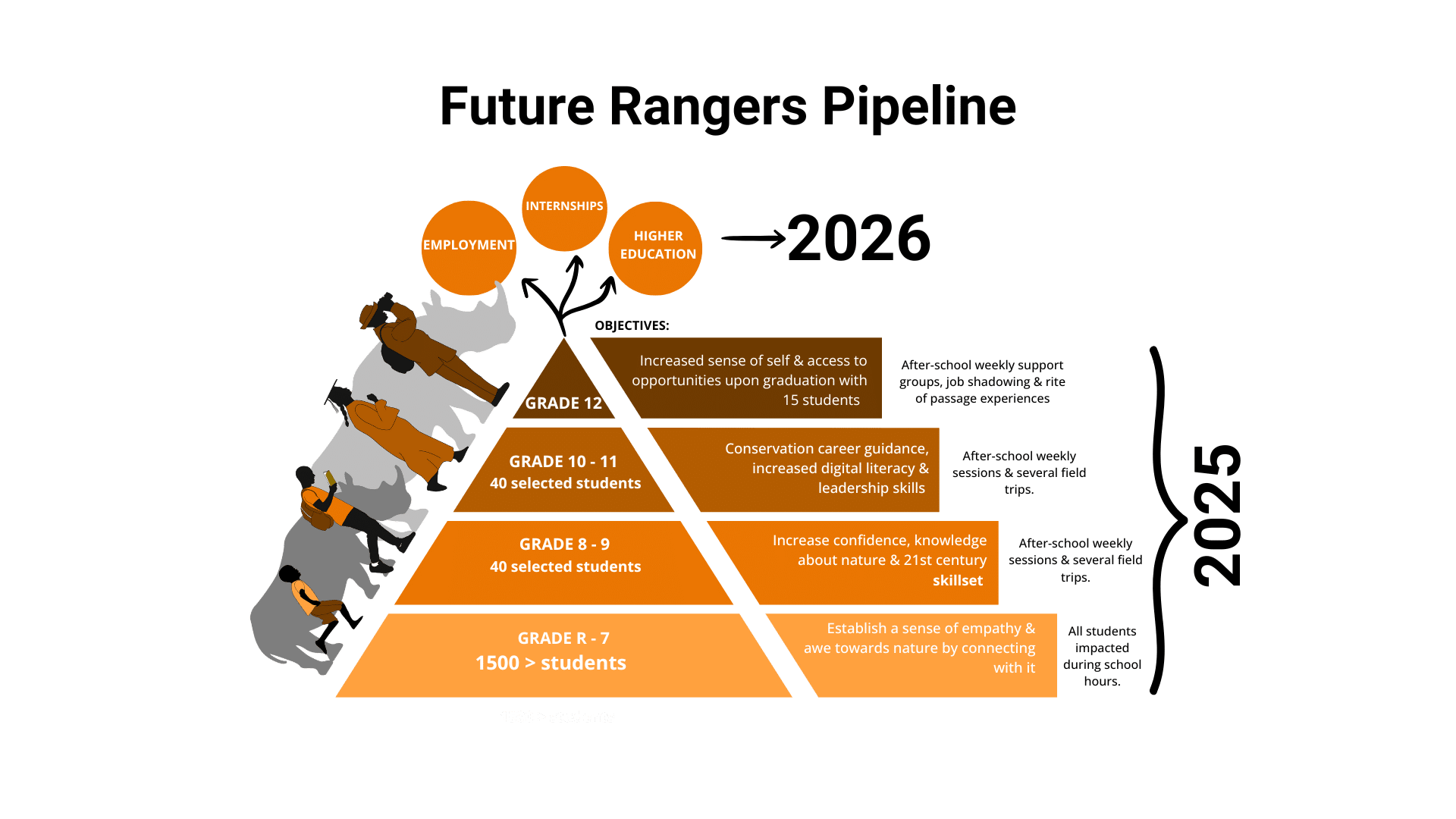
Future Rangers Program
The Challenge
Historically, many individuals and communities living next to the Kruger National Park have been disconnected from wildlife. During the 1960s, families were removed from priority conservation areas, and since then have been growing further separated from their national heritage. The relatively high cost of park entry, dividing fences, and historic exclusion keep many local people, especially youth disconnected from nature. In 2017, during a pivotal conversation with revered field ranger Anton Mzimba, he explained that the majority of youth had no access to wildlife areas, and this situation was a major driver in the increased poaching and wildlife crime in the region. Anton said that if you don’t love something you won’t protect it, and how could you possibly love something you’ve never known? In a survey conducted in 2017, we found that 4 out of 5 youth had never seen wildlife. With this knowledge at hand, we knew a systemic change needed to happen.
The Solution
The Future Rangers Program (FRP) targets passionate youth who live next to wildlife areas to develop the passion, skills, and knowledge required to pursue a career in conservation, tourism, or the greater wildlife economy. We employ local environmental educators to partner with schools, delivering high quality curriculum on a weekly basis, field trips and mentorship experiences. We believe that the future of wildlife lies in the hands of the next generation, and if we can empower them to love and benefit from the continued existence of wildlife, our natural world has a bright future.
Where
We work in three strategic communities (Clare, Welverdiend, Gottenburg) bordering the Kruger National Park – one of the most biodiverse regions in the world. These three communities live within close proximity to the Kruger National Park, and have high rates of unemployment. They are known hotspots for wildlife crime syndicates. By targeting our resources, time, and efforts into high priority areas, we believe we can make the biggest impact.
Primary Schools
The FRP fosters a deep-rooted appreciation for nature from an early age. Our focus schools, Salani Primary, Mahlekisana Primary, and Manyeleti Primary, are all situated within 10 km of the Kruger National Park.
The program is implemented through two key initiatives:
- Immersive Wildlife Experiences: Every grade 7 student embarks on a guided game drive in an open safari vehicle, offering them a firsthand encounter with the wilderness that surrounds them yet remains largely inaccessible.
- Sustainable Living Education: Practical lessons in sustainability are integrated into daily school life, with students actively tending to their school’s vegetable garden, cultivating both food and environmental stewardship.
High Schools
The FRP High School Program is structured into three cohorts: Explorers (Grades 8 & 9), Ambassadors (Grades 10 & 11), and Graduates (Grade 12), with a maximum of 13 students per group.
Admission requires completing a rigorous four-step application process. Once enrolled, students engage in a weekly, high-quality curriculum led by trained educators. Covering topics from wildlife conservation to career pathways, the program integrates practical skills and interpersonal development to enhance employability. While some content aligns with CAPS, the curriculum is tailored to the unique context of our impact area.
Field Trips
Annual field trips are a cornerstone of the program, fostering a profound appreciation for wildlife and instilling resilience – key traits for future conservation leaders.
Field Trip Partners
- Southern African Wildlife College
- Koru Camp
- Hoedspruit Reptile Center
- Blyde River Canyon
- Moholoholo Wildlife Rehabilitation Center
Additionally, GCC collaborates with leading NGOs and local conservationists to host school-based partner visits and career expos. Guest speakers, serving as role models, share their career journeys and insights into their roles. None of this would be possible without the support of dedicated conservation partners, whose expertise, resources, and mentorship play a vital role in realising our vision.
Connection to Tertiary Education and Internships
The ultimate goal of the FRP is to bridge the gap between youth and employment in the conservation sector. All grade 12 students partake in job shadowing experiences throughout the year.
Once the top candidates have been identified through participation in the FRP, these promising young adults are connected to tertiary education opportunities and bursaries provided through GCC and our partners.
Furthermore, GCC is an implementation partner of the Youth Employment Service initiative, whereby we take on and mentor interns who show interest in environmental education.
Future Rangers Program
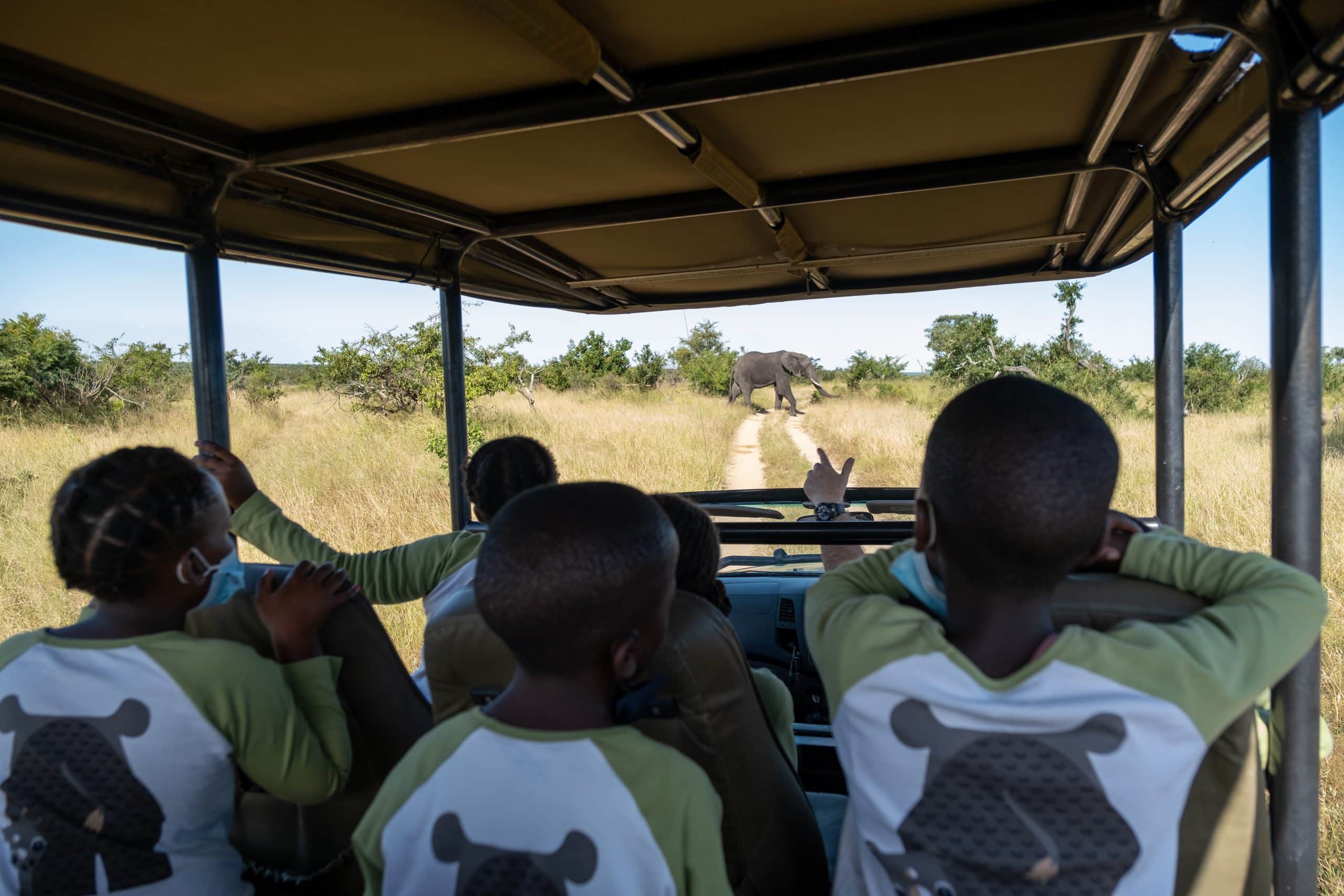
The Challenge
Historically, many individuals and communities living next to the Kruger National Park have been disconnected from wildlife. During the 1960s, families were removed from priority conservation areas, and since then have been growing further separated from their national heritage. The relatively high cost of park entry, dividing fences, and historic exclusion keep many local people, especially youth disconnected from nature. In 2017, during a pivotal conversation with revered field ranger Anton Mzimba, he explained that the majority of youth had no access to wildlife areas, and this situation was a major driver in the increased poaching and wildlife crime in the region. Anton said that if you don’t love something you won’t protect it, and how could you possibly love something you’ve never known? In a survey conducted in 2017, we found that 4 out of 5 youth had never seen wildlife. With this knowledge at hand, we knew a systemic change needed to happen.
The Solution
The Future Rangers Program (FRP) targets passionate youth who live next to wildlife areas to develop the passion, skills, and knowledge required to pursue a career in conservation, tourism, or the greater wildlife economy. We employ local environmental educators to partner with schools, delivering high quality curriculum on a weekly basis, field trips and mentorship experiences. We believe that the future of wildlife lies in the hands of the next generation, and if we can empower them to love and benefit from the continued existence of wildlife, our natural world has a bright future.
Where
We work in three strategic communities (Clare, Welverdiend, Gottenburg) bordering the Kruger National Park – one of the most biodiverse regions in the world. These three communities live within close proximity to the Kruger National Park, and have high rates of unemployment. They are known hotspots for wildlife crime syndicates. By targeting our resources, time, and efforts into high priority areas, we believe we can make the biggest impact.
Primary Schools
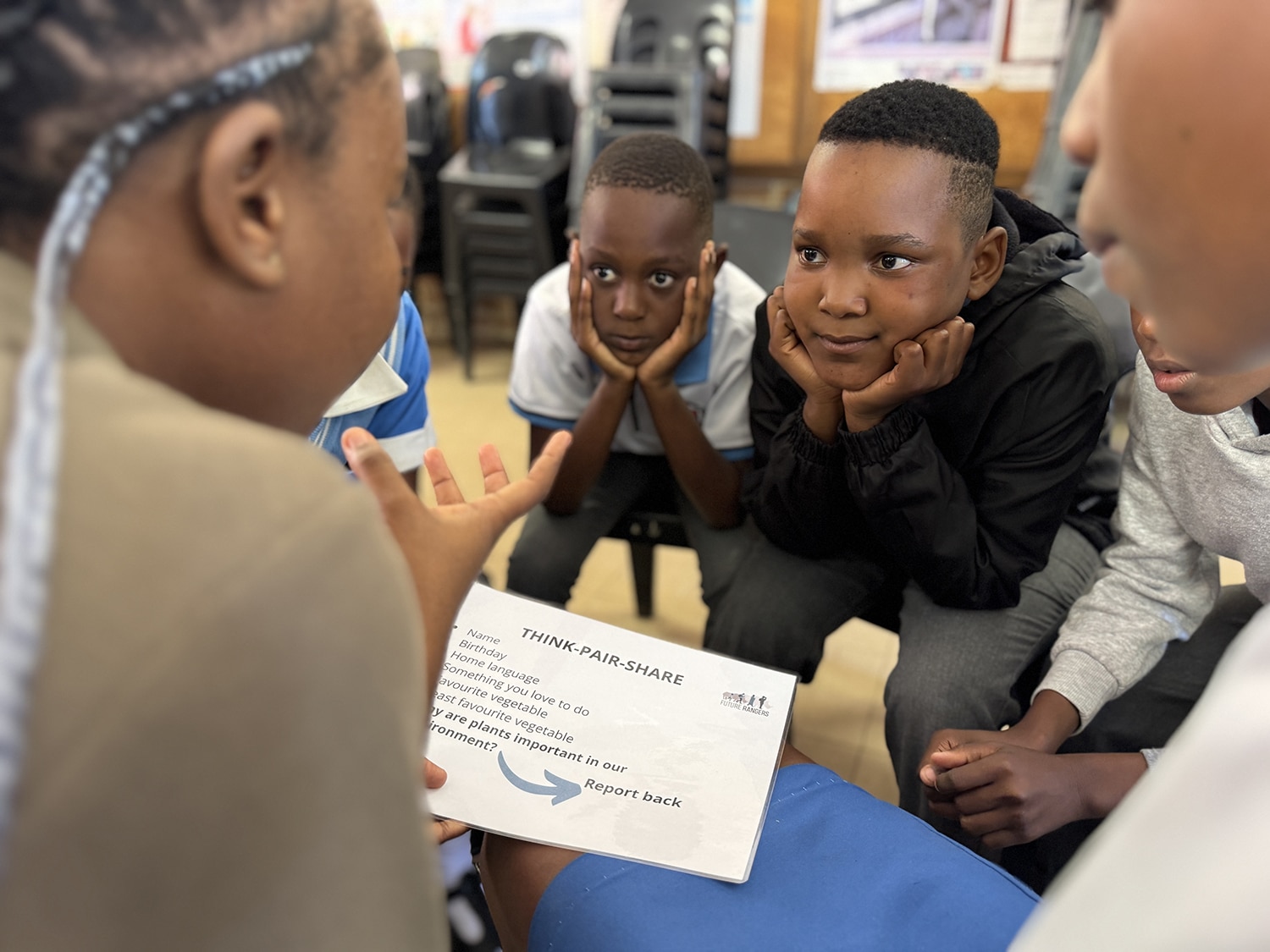
The FRP fosters a deep-rooted appreciation for nature from an early age. Our focus schools, Salani Primary, Mahlekisana Primary, and Manyeleti Primary, are all situated within 10 km of the Kruger National Park.
The program is implemented through two key initiatives:
- Immersive Wildlife Experiences: Every grade 7 student embarks on a guided game drive in an open safari vehicle, offering them a firsthand encounter with the wilderness that surrounds them yet remains largely inaccessible.
- Sustainable Living Education: Practical lessons in sustainability are integrated into daily school life, with students actively tending to their school’s vegetable garden, cultivating both food and environmental stewardship.
High Schools
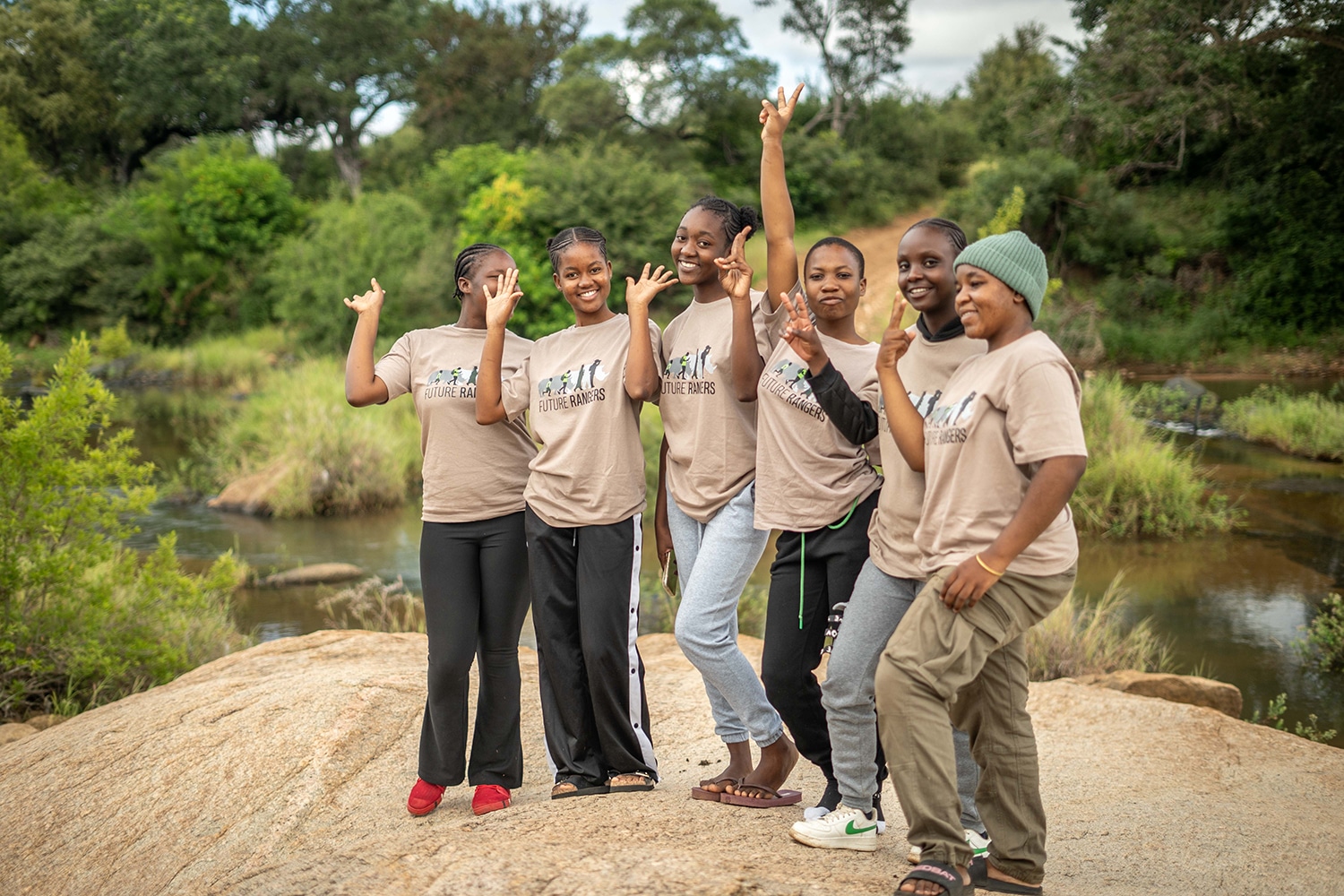
The FRP High School Program is structured into three cohorts: Explorers (Grades 8 & 9), Ambassadors (Grades 10 & 11), and Graduates (Grade 12), with a maximum of 13 students per group.
Admission requires completing a rigorous four-step application process. Once enrolled, students engage in a weekly, high-quality curriculum led by trained educators. Covering topics from wildlife conservation to career pathways, the program integrates practical skills and interpersonal development to enhance employability. While some content aligns with CAPS, the curriculum is tailored to the unique context of our impact area.
Field Trips
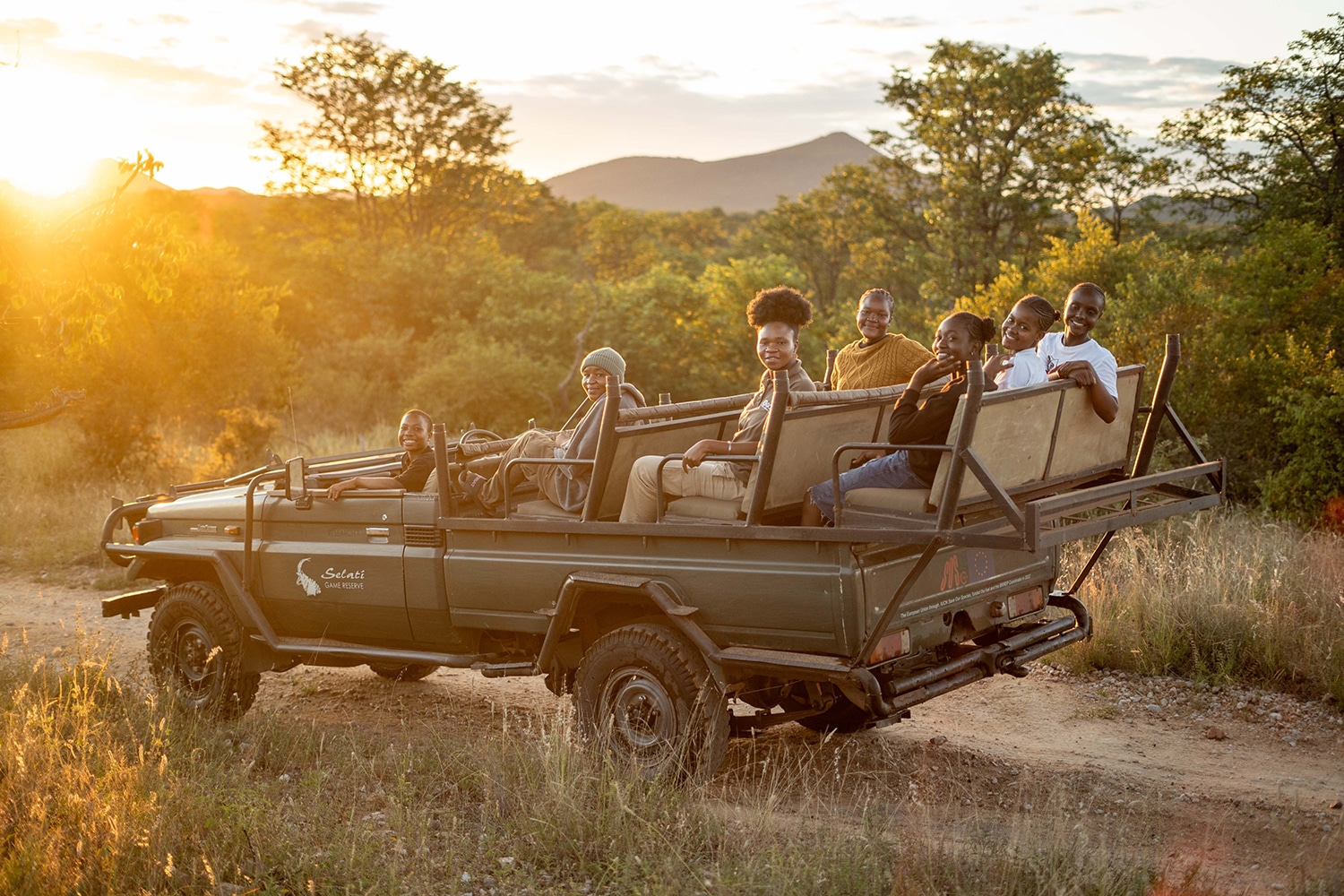
Annual field trips are a cornerstone of the program, fostering a profound appreciation for wildlife and instilling resilience – key traits for future conservation leaders.
Field Trip Partners
- Southern African Wildlife College
- Koru Camp
- Hoedspruit Reptile Center
- Blyde River Canyon
- Moholoholo Wildlife Rehabilitation Center
Additionally, GCC collaborates with leading NGOs and local conservationists to host school-based partner visits and career expos. Guest speakers, serving as role models, share their career journeys and insights into their roles. None of this would be possible without the support of dedicated conservation partners, whose expertise, resources, and mentorship play a vital role in realising our vision.
Connection to Tertiary Education and Internships
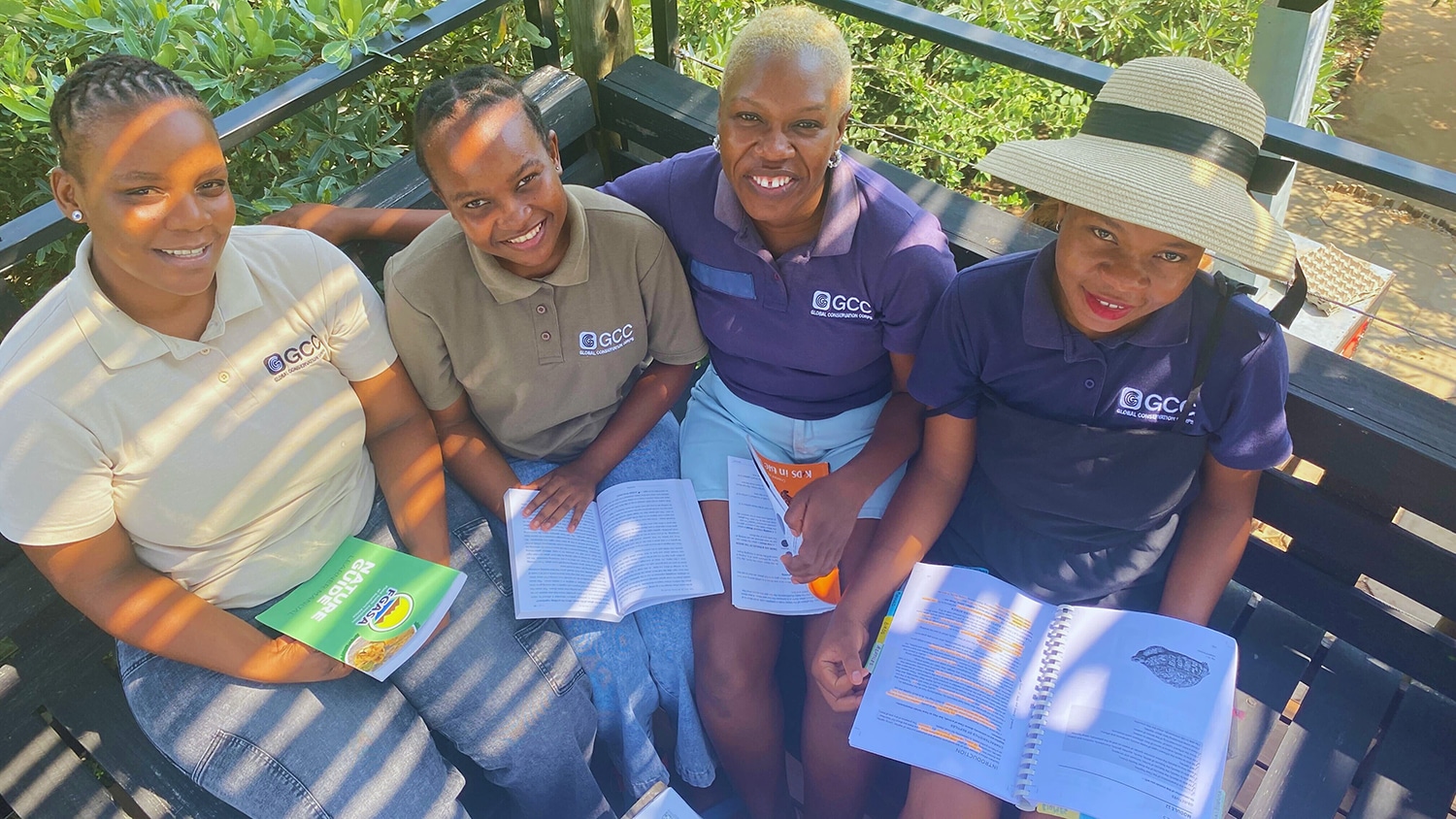
The ultimate goal of the FRP is to bridge the gap between youth and employment in the conservation sector. All grade 12 students partake in job shadowing experiences throughout the year.
Once the top candidates have been identified through participation in the FRP, these promising young adults are connected to tertiary education opportunities and bursaries provided through GCC and our partners.
Furthermore, GCC is an implementation partner of the Youth Employment Service initiative, whereby we take on and mentor interns who show interest in environmental education.
Future Rangers Partners
